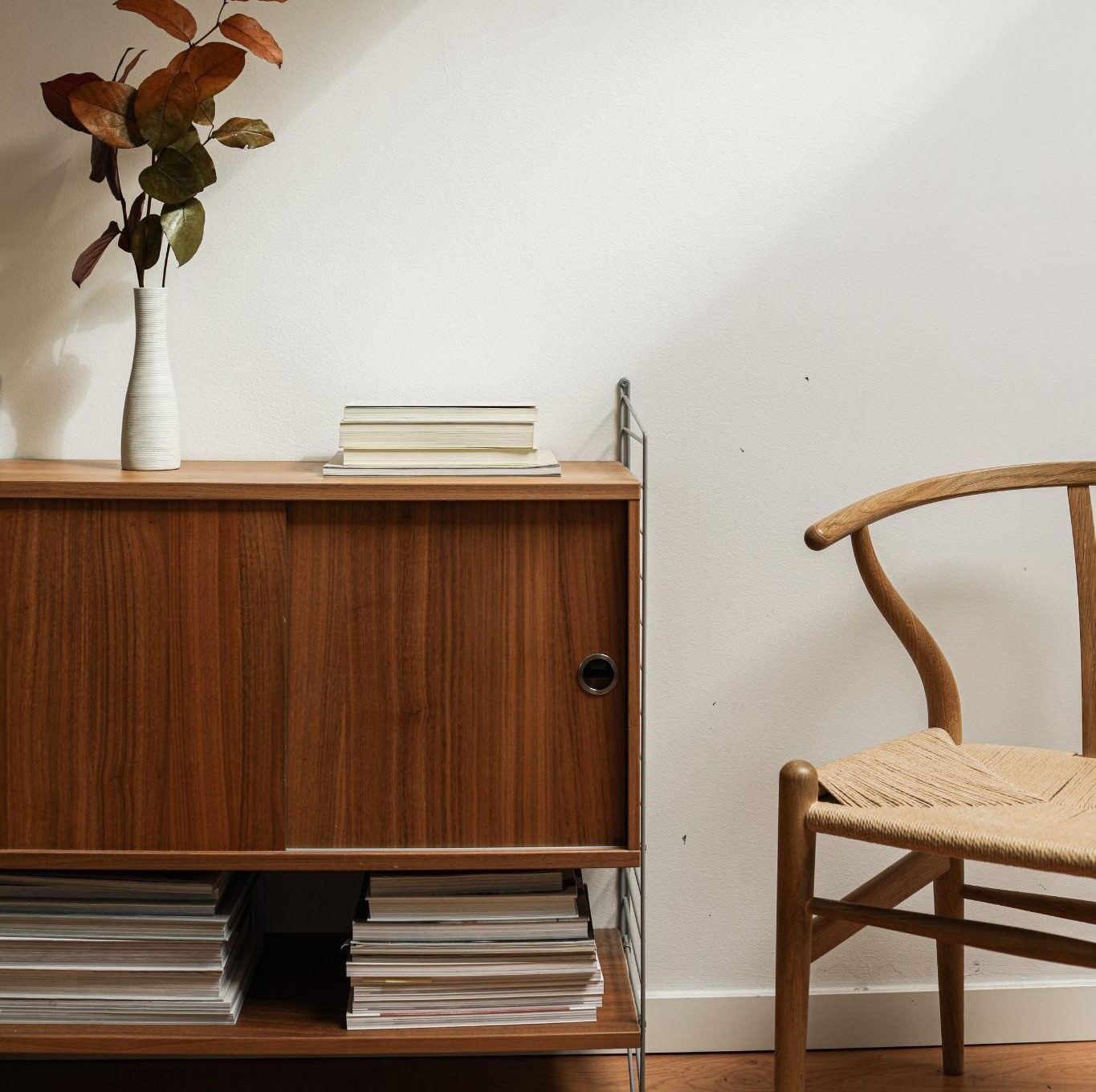We have much more to do and your continued support is needed now more than ever.
Harvesting Hope: The Beauty of Responsibly Sourced Wood

When I moved into my very first apartment, I vividly recall the most thrilling part of the entire process: furnishing it! There’s a myriad of furniture companies offering an array of options. However, not all furniture companies are equal, and that goes beyond differences in style or cost. Some are dedicated to preserving our forests, while others contribute to their depletion.
The furniture industry is the third-largest wood consumer, following construction and paper production. The way these businesses operate has a profound impact on our forests and our planet. Forests are more than just picturesque landscapes to escape to for vacations; they are vital ecosystems, providing a home for diverse wildlife and plant species. They filter water, purify the air, and store carbon, significantly mitigating global warming.
Unsustainable logging practices and illegal logging have disastrous consequences for our world’s forests. They result in deforestation, loss of biodiversity, exacerbate climate change, and on the less-discussed side, they also fuel violent conflicts, contribute to crime, and lead to human rights abuses.
The good news is that your next wood furniture purchase can make a positive impact! Thanks to the 2023 Wood Furniture Scorecard, you can buy from companies taking significant steps to safeguard forests, protect wildlife, and support local and Indigenous Communities whose lives depend on these forests. By supporting such companies, you contribute to global benefits and help create a more sustainable future.

Your Guide to Buy Furniture Good for Your House and The Planet
The 2023 Wood Furniture Scorecard is here!
Since 2018, the Wood Furniture Scorecard has been an annual resource for consumers like you and me. It rates and ranks North American wood furniture retailers, helping us make informed choices when shopping for furniture crafted from responsibly sourced wood. Launched by the National Wildlife Federation and the Sustainable Furnishings Council, the Scorecard celebrates industry leaders in responsible wood sourcing within the furniture sector and encourages large and small retailers to adopt best practices.
This year, we assessed 127 companies based on their disclosed information regarding wood sourcing policies and practices. The results reveal a promising trend towards companies committing to sustainability. Let’s dive into this year’s findings!
Among all the furniture retailers evaluated, nine companies have earned a TOP SCORE. These companies — Cisco Home, Fivo Design, Model No., Crate&Barrel, Minted Space, Sea Green Designs, Ikea, Target, and Williams Sonoma — have scored at least 29 out of a total of 39 points! Additionally, 26 companies have achieved a HIGH SCORE, receiving between 20 and 28 points. Congratulations to all the North American brands that have earned Top or High Scores!
Despite the impressive results achieved by these top-scoring companies, it’s essential to note that many other prominent furniture retailers are still lagging behind or have yet to embrace sustainability fully. It’s a reminder that more work must be done to ensure responsible wood sourcing and a sustainable future for all.

Responsible Wood Sourcing: A Smart Business Move
The timber industry doesn’t have to be synonymous with deforestation and environmental harm. Sustainable forestry practices, although intricate, can harmonize the demands of our environment, wildlife, and the communities that rely on this industry for their livelihoods
While recycled, reclaimed, and salvaged wood are excellent examples of how companies can source responsibly, they alone are insufficient to meet the global demand for wood furniture. Responsible forestry stands out as the most sustainable approach to ensuring the continued health of our planet’s forest ecosystems. Wood obtained through these practices, like selective tree cutting and replanting after harvesting, minimizes the impact of logging on forests and the surrounding wildlife and communities.
As an assurance to customers, companies can agree to purchase only wood products that have been certified through voluntary, credible forest certification systems. Besides social and environmental safeguards, wood that carries a sustainability label is checked to ensure that it hasn’t come from illegal logging activities that violate national and regional regulations put in place to protect our precious forests and the environment. Multiple independent forest certification systems exist to promote responsible forestry, but the Forest Stewardship Council (FSC) is widely regarded as the most reputable by organizations like the National Wildlife Federation and the Sustainable Furnishings Council. FSC’s standards are comprehensive and developed with input from diverse economic, social, and environmental stakeholders.
Your Purchases Matters!
Next time you’re in the market for a new piece of furniture, take a moment to consult the 2023 Wood Furniture Scorecard. Look also for products accredited with the FSC label or other certifications that support responsible forest management. Your choice can make a meaningful contribution to the forests, biodiversity, and communities that rely on them!





















